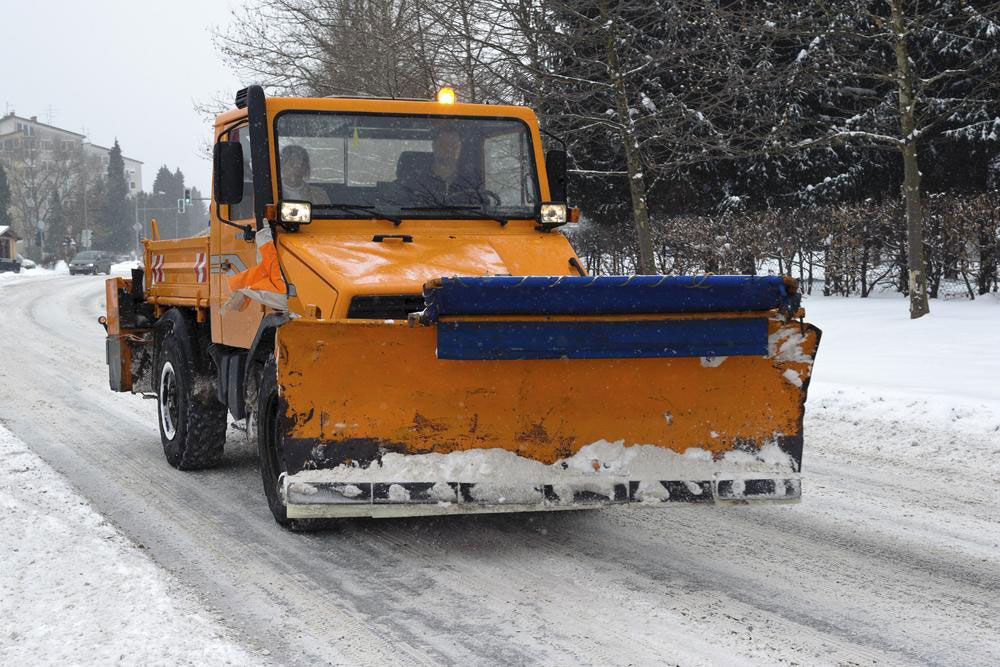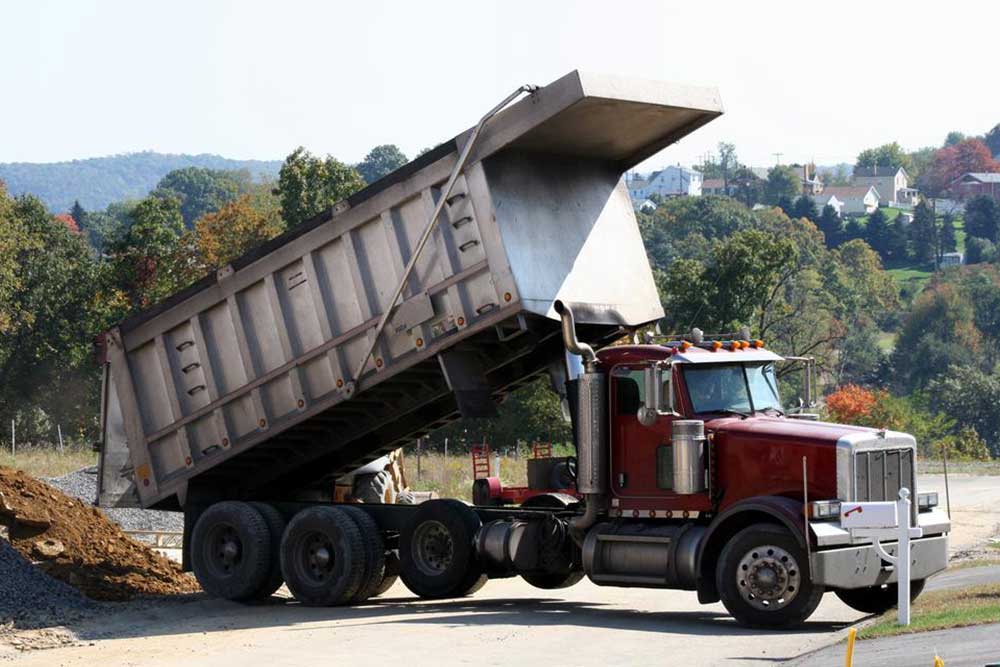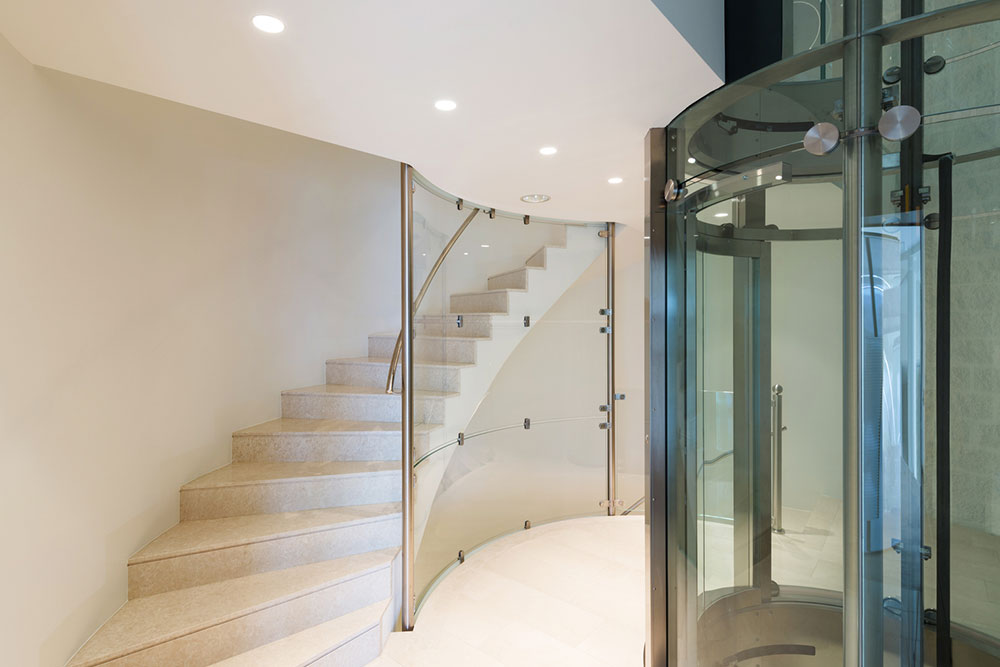Comprehensive Guide to Hydraulic Cylinder Pricing and Procurement Strategies in Mexico
This comprehensive guide explores hydraulic cylinder pricing and sourcing options in Mexico, covering types, costs, suppliers, and maintenance tips. It helps businesses make informed decisions to optimize their hydraulic equipment investments, ensuring durability, performance, and cost-efficiency across various industries in Mexico.

Comprehensive Guide to Hydraulic Cylinder Pricing and Procurement Strategies in Mexico
Hydraulic cylinders are fundamental components extensively used across a wide range of industries, including construction, manufacturing, agriculture, and transportation. They enable crucial functions such as lifting heavy loads, pushing, pulling, and extending mechanical parts. For companies operating in Mexico that rely on hydraulic-powered machinery, choosing the right hydraulic cylinders is essential not only for operational efficiency but also for maintaining budgetary health. This detailed guide provides an in-depth look into the various factors influencing hydraulic cylinder prices in Mexico, different types of cylinders available, sourcing options, and maintenance practices to ensure longevity and optimal performance.
Key Factors Affecting Hydraulic Cylinder Prices in Mexico
The cost of hydraulic cylinders in Mexico varies significantly based on multiple critical factors. Understanding these elements can help businesses make informed purchasing decisions and select products that best fit their operational requirements and financial constraints.
1. The Type of Hydraulic Cylinder
Different designs are suited to specific applications. Recognizing the right type is crucial for efficiency and durability:
Tie-Rod Cylinders: Widely used in manufacturing and industrial settings due to their robustness and ease of maintenance. These cylinders are composed of a barrel with tie rods holding end caps and are ideal for stationary applications requiring high pressure.
Welded Cylinders: These are more compact and lightweight, welded directly on the mounting surface. They are preferred in mobile machinery such as forklifts, excavators, and agricultural equipment because of their durability and space-saving design.
Telescopic Cylinders: Designed to extend reach significantly, these cylinders are essential in applications such as dump trucks, cranes, and forestry equipment where maximum extension is necessary without adding extra hardware complexity.
Double-Acting Cylinders: Capable of applying force in both extension and retraction phases, making them highly versatile for various industrial operations, from lifting to pushing and pulling.
2. Material Quality and Construction
The choice of materials profoundly influences the lifespan and performance of hydraulic cylinders. Typically, components are crafted from high-strength steel to withstand high pressure and prevent deformation. For specialized needs, materials such as stainless steel or aluminum are used for corrosion resistance or weight reduction. Higher quality materials and superior construction techniques are associated with increased costs but result in more durable and reliable cylinders.
3. Design and Customization Options
Custom-made hydraulic cylinders tailored to specific dimensions, stroke lengths, pressure ratings, and mounting configurations generally come at a premium price. Off-the-shelf or standard models are more affordable and readily available, making them suitable for generic applications. However, for specialized tasks demanding precise engineering, customized cylinders are often the optimal choice despite their higher cost.
4. Brand Credibility and Reputation
Well-established brands with proven track records typically command higher prices due to their reliability and durability. Investing in reputable brands often reduces long-term costs by minimizing downtime and repair expenses. Customers also benefit from comprehensive after-sales support, warranties, and service networks that guarantee product performance over time.
5. Import Duties and Regulatory Fees
In Mexico, import taxes, tariffs, and customs duties can significantly influence the final price of hydraulic cylinders. Sourcing from domestic manufacturers helps to mitigate these additional costs. Additionally, understanding import regulations ensures smoother procurement processes and helps avoid unforeseen expenses.
6. Order Quantity and Bulk Purchasing
Buying hydraulic cylinders in larger quantities can often lead to discounts and more favorable payment terms. Suppliers may offer tiered pricing structures for bulk purchases, making it cost-effective for companies with ongoing or large-scale projects. Negotiating with suppliers is essential to secure the best deal and ensure availability.
Typical Price Ranges for Hydraulic Cylinders in Mexico
The prices of hydraulic cylinders vary based on their type, size, materials, and customization. As a general guideline, the following price ranges provide insight into market rates:
Tie-Rod Cylinders: From approximately $50 to $300 USD per unit, depending on specifications and quality.
Welded Cylinders: Typically between $100 to $800 USD, with larger or more complex models at the higher end.
Telescopic Cylinders: Starting around $500 USD and potentially exceeding several thousand dollars for heavy-duty or extended models.
Custom Hydraulic Cylinders: These specialized units often cost over $1,000 USD each, reflecting tailored engineering and specifications.
Effective Sourcing Strategies Within Mexico
Selecting the right supplier is vital for ensuring product quality, availability, and after-sales support. Here are several options to consider:
Local Manufacturers and Suppliers
Opting for domestic manufacturers reduces shipping time, costs, and supports the local economy. Leading Mexican brands include Hydraulics Mexico, Cilindros Hidráulicos S.A., and HydrauMex, which offer reliable products and service support tailored to local needs.
International Brands and Suppliers
For specialized or higher-grade cylinders, international manufacturers like Parker, Enerpac, and Bosch Rexroth provide proven quality. Importing from abroad involves dealing with customs and duty processes but can provide access to cutting-edge technology and comprehensive warranties.
Authorized Distributors and Dealers
Many global brands have authorized local distributors in Mexico. Working through these channels ensures authenticity, reliable warranty coverage, and local support services, simplifying maintenance and repairs.
Online Marketplaces and B2B Platforms
Digital platforms such as Alibaba, Made-in-Mexico, or local trade portals list numerous suppliers offering competitive pricing. These sources enable businesses to compare products, read reviews, and negotiate terms conveniently.
Best Practices for Hydraulic Cylinder Maintenance and Longevity
Proper maintenance is critical to extending the lifespan of hydraulic cylinders and ensuring reliable operation. Some essential maintenance practices include:
Conducting regular visual inspections to identify leaks, corrosion, or physical damage.
Ensuring proper lubrication of moving parts to reduce wear and prevent corrosion.
Replacing seals and other consumables at regular intervals as recommended by the manufacturer.
Maintaining correct hydraulic fluid levels and using approved lubricants to ensure optimal cylinder operation.
Storing cylinders in appropriate environments to prevent exposure to moisture and extreme temperatures.
Adhering to these practices minimizes downtime, reduces repair costs, and enhances overall system efficiency.
Summary
Understanding the various factors influencing hydraulic cylinder prices and exploring multiple sourcing options are essential for companies in Mexico aiming to optimize procurement strategies. Carefully evaluating the type, quality, customization needs, and supplier credibility ensures long-term value and reliable performance. Additionally, consistent maintenance and proper handling can significantly extend the operational life of these critical components, leading to better productivity and cost savings in the long run. By applying these insights, businesses can confidently navigate the hydraulic cylinder market in Mexico to meet their operational demands effectively and efficiently.




